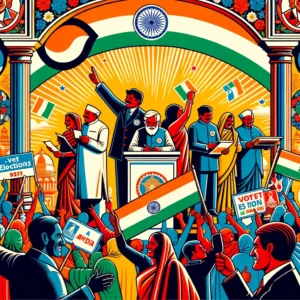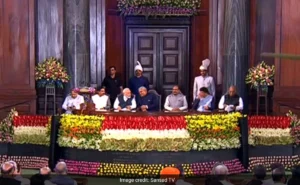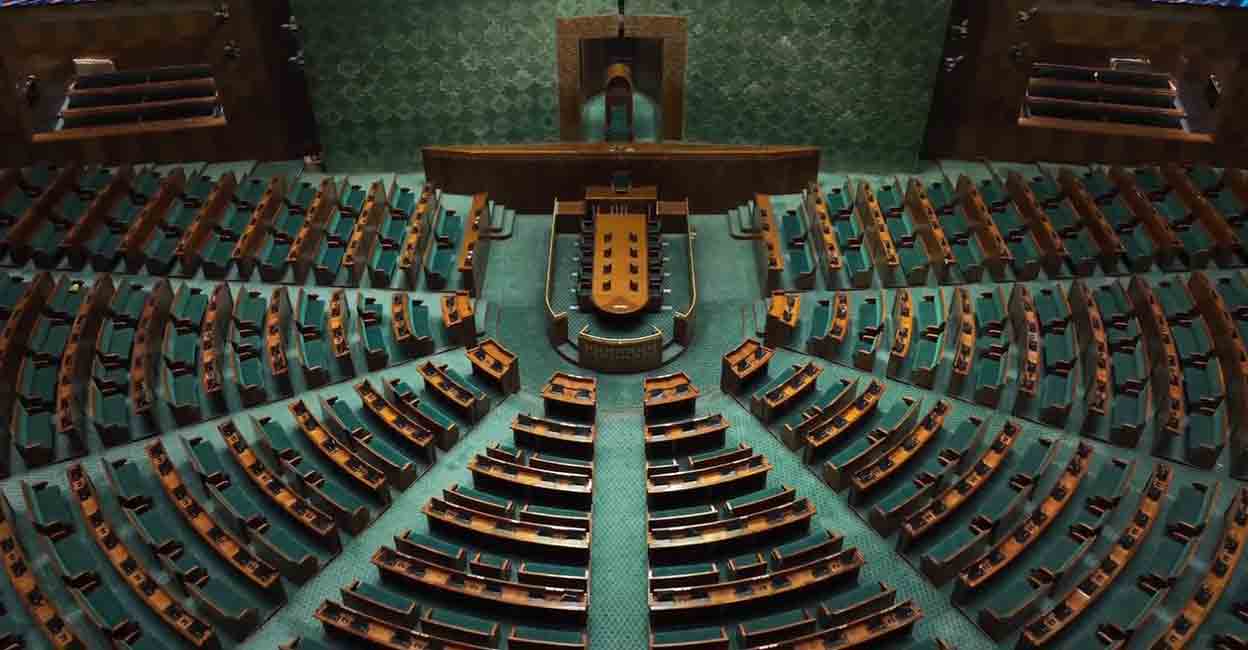Understanding the Speaker’s Role
In India’s dynamic political landscape, the position of the Speaker of the Lok Sabha holds immense significance, especially in ensuring the smooth functioning of parliamentary proceedings and upholding democratic principles. Let’s delve into the five key reasons why the Speaker plays a crucial role, transcending party affiliations and coalition dynamics.

1. Constitutional Authority and Responsibilities
The Speaker, elected under Article 93 of the Indian Constitution, is vested with substantial authority over parliamentary affairs. They preside over sessions, maintain order, and interpret procedural rules impartially. Their decisions are final and binding, crucial in resolving disputes and ensuring the integrity of legislative processes.
2. Upholding Parliamentary Decorum and Neutrality
Beyond partisan politics, the Speaker serves as the guardian of parliamentary decorum. For instance, during the 16th Lok Sabha, Speaker Sumitra Mahajan was widely respected for her fair and balanced approach in managing sessions, which included allowing ample time for debates while maintaining order effectively.

3. Ensuring Stability in India’s Political Landscape
In India’s multi-party democracy, where coalition governments are common, the Speaker’s role becomes pivotal in maintaining political stability. For example, during the United Progressive Alliance (UPA) coalition government (2004-2014), Speaker Meira Kumar facilitated the passage of significant legislation by fostering consensus among diverse political parties.
4. Historical Evolution and Modern Significance
Originating from the Montagu-Chelmsford Reforms of 1921, the Speaker’s role has evolved significantly. From initially being known as the President and Vice President of the Legislative Assembly, their responsibilities have expanded to include decisive roles in bill authentication, session management, and interpreting constitutional provisions.

5. Influencing Legislative Outcomes and Governance
The Speaker’s decisions impact legislative outcomes profoundly. For instance, during the 17th Lok Sabha, Speaker Om Birla played a crucial role in overseeing the passage of key bills like the Triple Talaq Bill, navigating contentious debates with efficiency and impartiality.
The Speaker as a Pillar of Indian Democracy
In conclusion, the Speaker of the Lok Sabha embodies the principles of impartiality, authority, and responsibility in India’s parliamentary democracy. Beyond being a presiding officer, they are a symbol of institutional integrity and democratic governance. As India continues to navigate its political landscape, the election and role of the Speaker remain crucial in shaping legislative agendas, fostering consensus, and upholding the sanctity of democratic processes.
Understanding the pivotal role of the Speaker illuminates the complexities and nuances of Indian politics, where power dynamics and constitutional duties converge to uphold the ideals of democracy and governance

